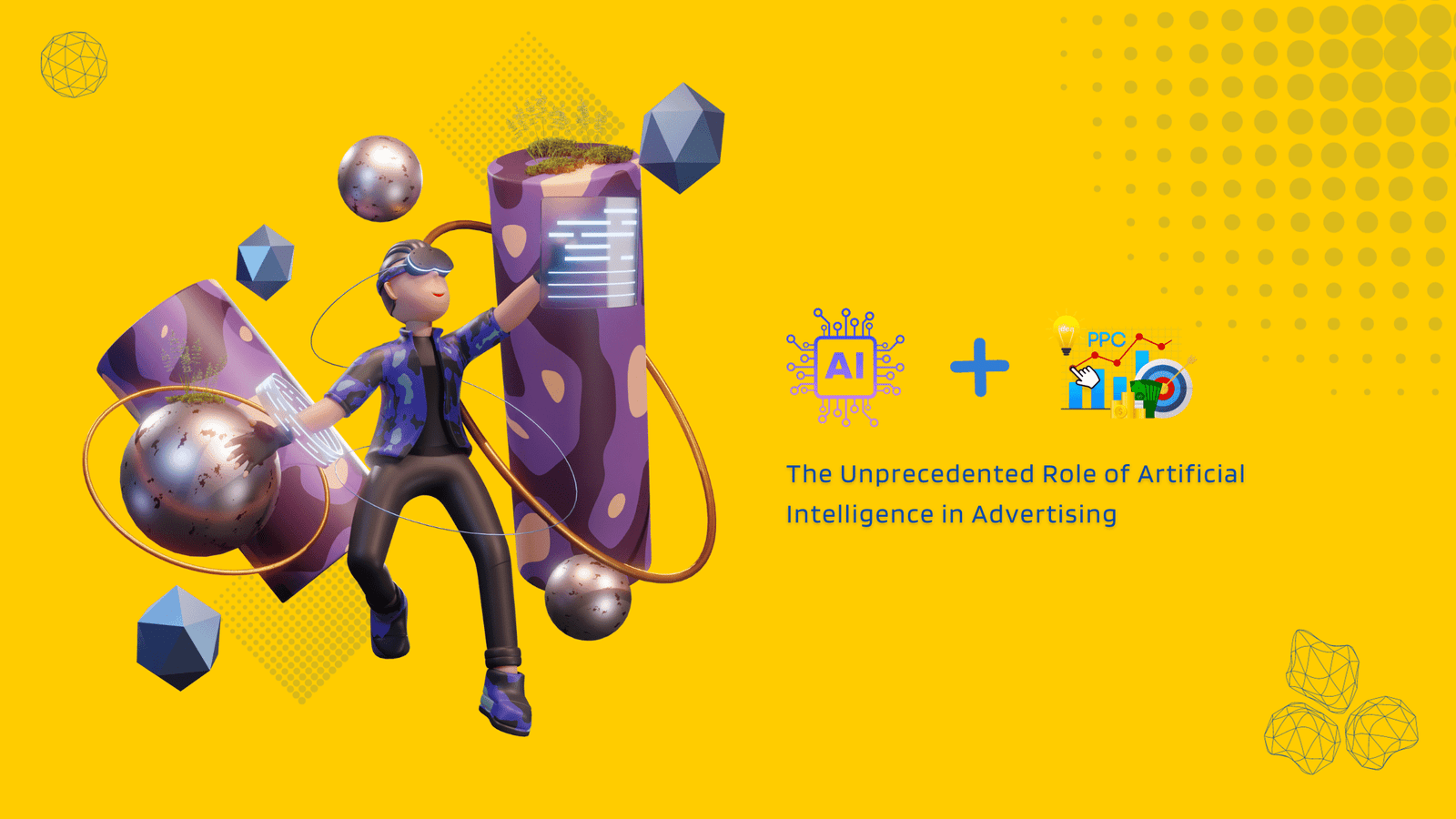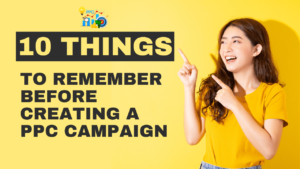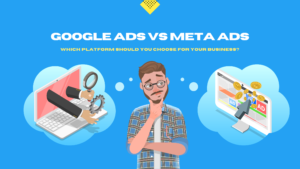In the dynamic world of digital advertising, the integration of Artificial Intelligence (AI) has emerged as a game-changer, particularly in the realm of Pay-Per-Click (PPC) advertising. As businesses strive for more efficient and targeted marketing strategies, AI technologies are stepping in to revolutionize the way PPC campaigns are planned, executed, and optimized. In this comprehensive blog post, we will delve into the multifaceted role of Artificial Intelligence in PPC advertising, exploring its impact on campaign precision, audience targeting, budget allocation, and the overall enhancement of ROI.
Understanding the Marriage of AI and PPC
Automation and Efficiency:
AI, with its machine learning capabilities, empowers PPC marketers to automate routine tasks such as bid management, ad creation, and performance analysis. This not only saves time but also ensures that campaigns are continuously optimized based on real-time data.
Audience Targeting Precision:
AI algorithms analyze vast amounts of user data to identify patterns and behaviors, enabling advertisers to target audiences with unprecedented precision. This results in more relevant ads being shown to the right people, leading to improved conversion rates.
Predictive Analytics for Smarter Campaigns:
AI’s predictive analytics capabilities enable marketers to anticipate trends and consumer behavior, facilitating the creation of data-driven strategies. This foresight is invaluable in adjusting PPC campaigns proactively to align with market shifts.
The Evolution of AI in PPC
Dynamic Ad Customization:
AI enables dynamic ad creation based on user behavior, demographics, and preferences. Advertisers can serve personalized content dynamically, increasing engagement and click-through rates.
Bid Management and Pricing Optimization:
AI algorithms analyze historical data and real-time market conditions to optimize bid strategies. This ensures that advertisers are bidding the right amount to secure valuable ad placements, ultimately maximizing ROI.
Chatbots and Conversational Ads:
Integrating AI-driven chatbots in PPC campaigns allows for interactive and personalized user experiences. Conversational ads powered by AI can engage users in real-time, answering queries and guiding them through the conversion funnel.
Ad Fraud Prevention:
AI plays a crucial role in identifying and preventing ad fraud. Machine learning algorithms can detect unusual patterns and behaviors, flagging potential fraudulent activities and protecting advertisers from wasting budget on invalid clicks.
Real-world Applications and Success Stories
Google’s Smart Bidding:
Google Ads utilizes machine learning through Smart Bidding, which optimizes bids for conversions or conversion value. Advertisers using Smart Bidding have reported significant improvements in conversion rates and reduced cost per acquisition.
Facebook’s Auto-Targeting:
Facebook’s AI-driven auto-targeting features leverage user data to automatically target individuals who are more likely to engage with ads. This has proven effective in reaching specific demographics and increasing ad relevance.
Amazon’s Recommendation AI:
Amazon’s recommendation algorithms, powered by AI, analyze user behavior and purchasing history to suggest products in sponsored ads. This enhances the shopping experience and increases the likelihood of conversions.
Overcoming Challenges and Ethical Considerations
While the integration of AI in PPC advertising brings numerous benefits, it’s essential to address potential challenges and ethical considerations. Advertisers must be mindful of data privacy, transparency in AI decision-making, and the potential biases that can arise in algorithmic targeting.
The Future Landscape:
As technology continues to advance, the role of AI in PPC advertising is poised to evolve further. From more sophisticated predictive analytics to enhanced natural language processing for conversational ads, the future holds exciting possibilities for advertisers willing to embrace AI-driven strategies.
Conclusion
In conclusion, the synergy between Artificial Intelligence and PPC advertising represents a paradigm shift in the way businesses connect with their audiences. The precision, efficiency, and innovation brought about by AI not only streamline campaign management but also pave the way for more personalized and engaging user experiences. As we navigate the ever-changing landscape of digital marketing, embracing AI in PPC is not just a choice but a strategic imperative for those looking to stay ahead in a competitive and dynamic marketplace.





